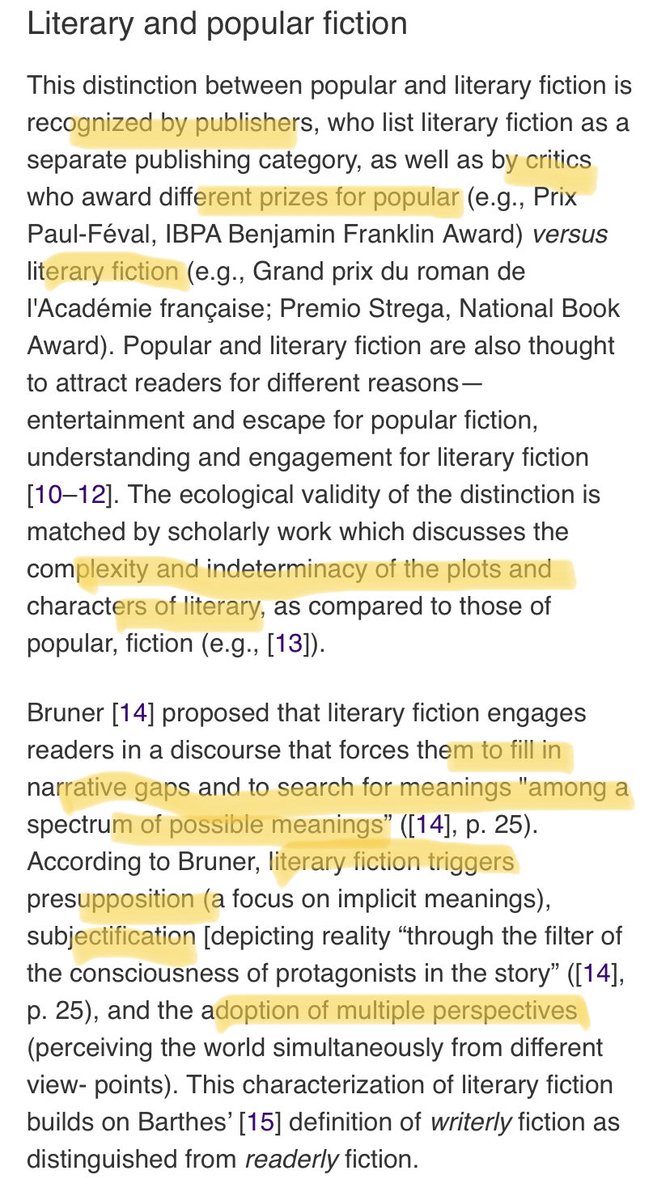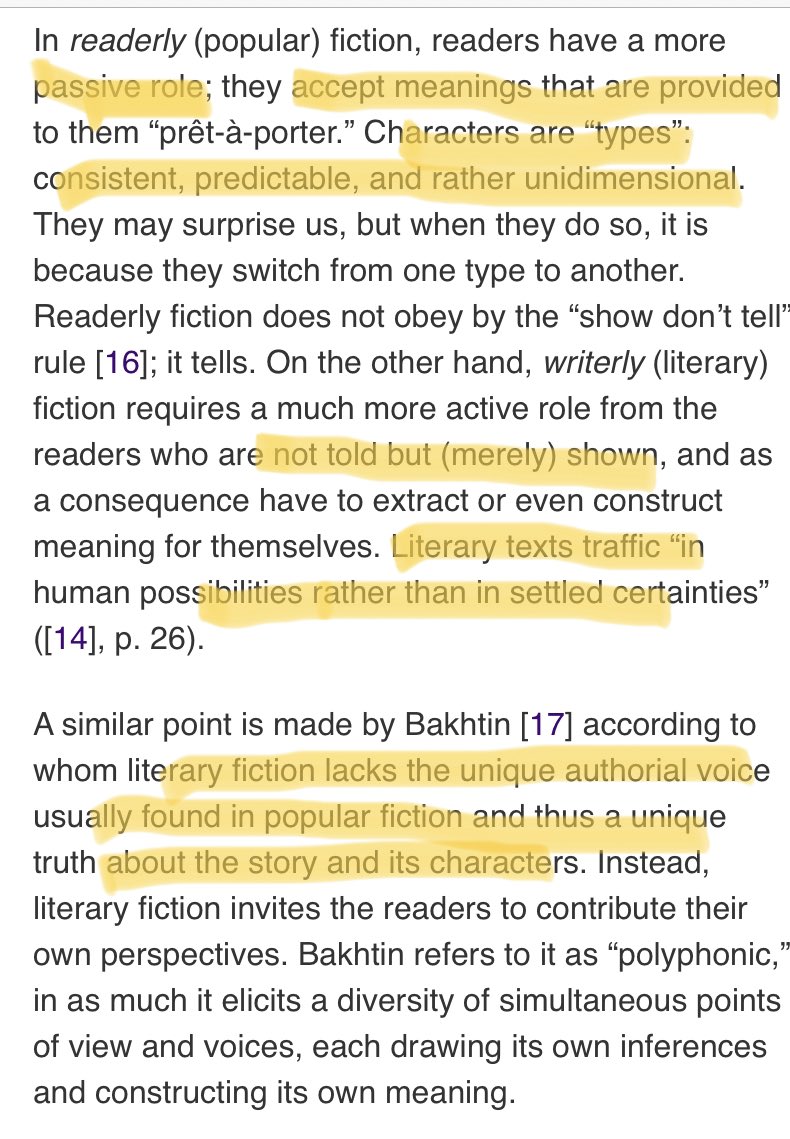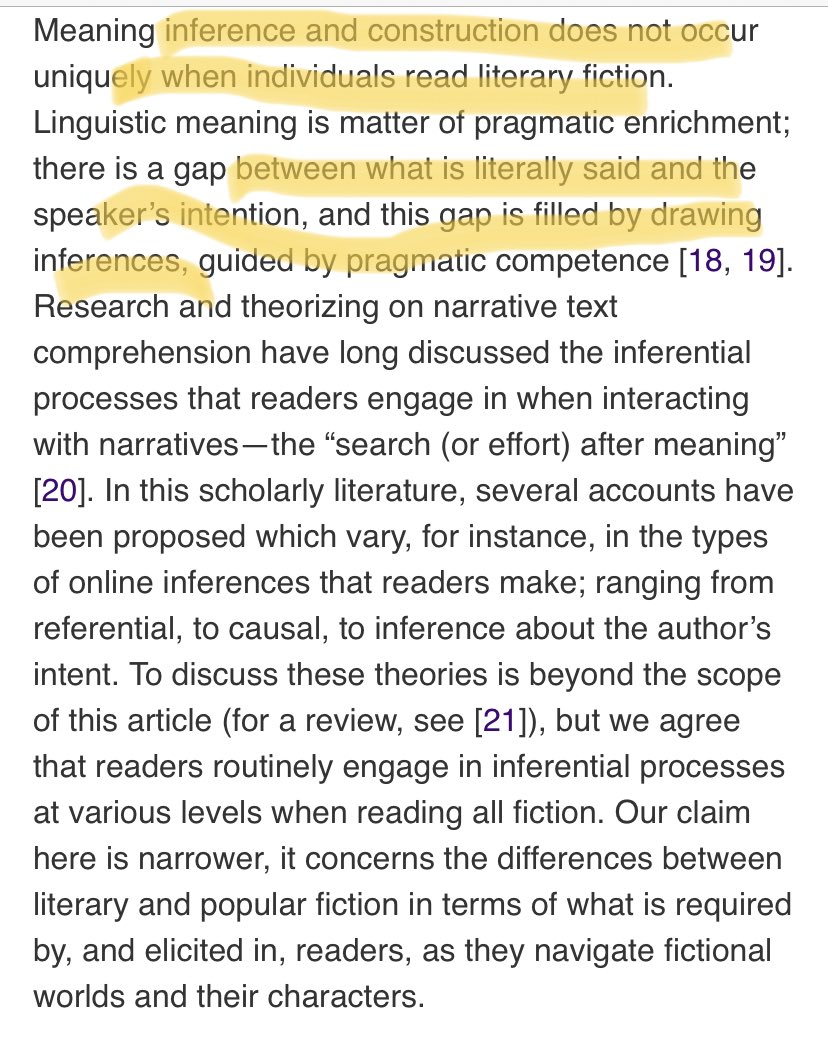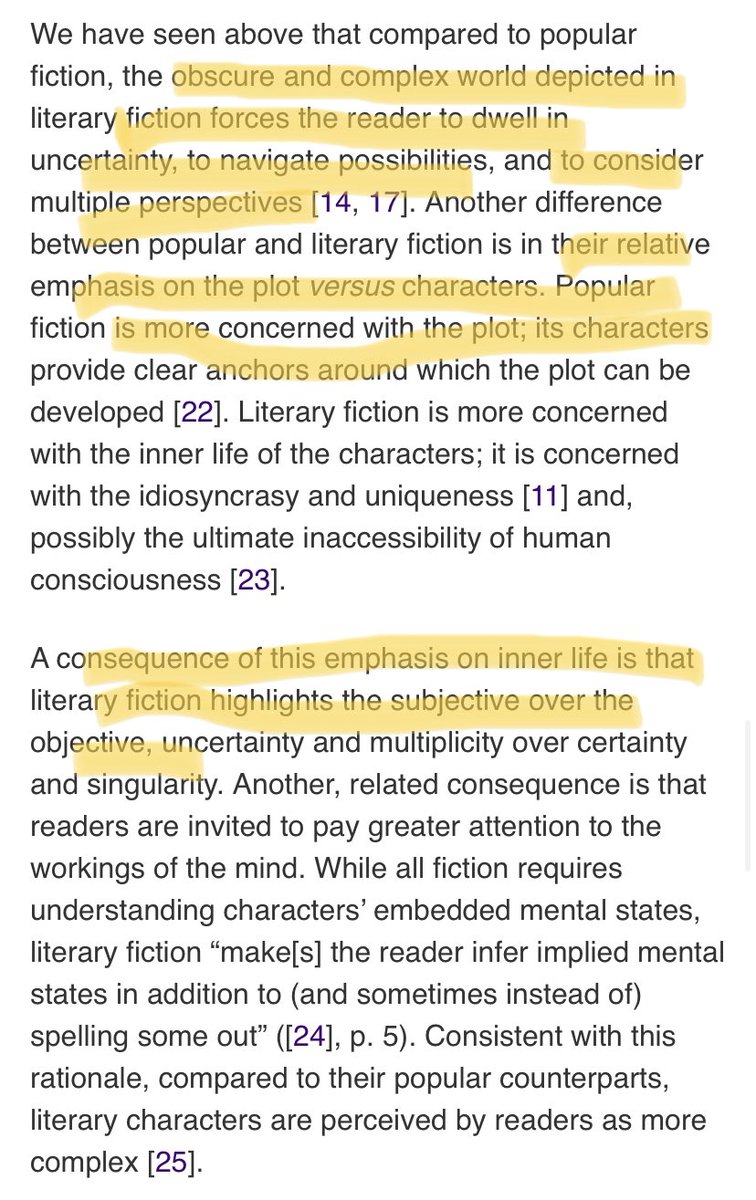
1) A speculative thought on class in the US, prompted by @jbouie's excellent newsletter, in which he quotes (to take issue with) this miserable assessment of the capitol insurrectionists by Caitlin Flanagan in The Atlantic ... 
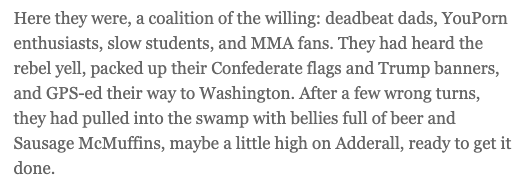
2) @jbouie concludes, correctly and contra Flanagan, with this. Which honestly made me think of class in 18th c. Britain, in the sense that ... 

3) ... we're not quite talking about 'lower,' 'middle,' and 'upper' classes, but a more fine-grained 'class' system of socioeconomic ranks, as in the 18th c. To explain ...
4) You have people in ownership and managerial roles who nevertheless lack something like cultural capital. They aren't the proletariat, but they aren't 'upper class' in many of the connotations of that term. And the people rightly condemning this group of insurrectionists ...
5) ... include the flip side, people who are highly educated workers, not owners or managers. No major insight here from me on this one: people in the former group call adjunct professors making 25K/year 'elites,' and get away with it. ...
6) All of this, taken together, suggests a class system that looks much less like the tripartite structure most Americans are raised to believe is how class works in this country, and more like complex 18c system of socioeconomic ranks based on money, family, trade, etc. ...
7) As someone who's used to guiding students through counterintuitive class issues in 18c novels, like why low-income clergy have status, or why an overextended earl looks down on a rich merchant, I'm seeing comparable confusion in how we talk about class in the US today. /end
Addendum: For more on the (roughly 40) 18c English socioeconomic ranks, see G.E. Mingay, _English Landed Society in the 18th Century_: books.google.com/books/about/En…
• • •
Missing some Tweet in this thread? You can try to
force a refresh

